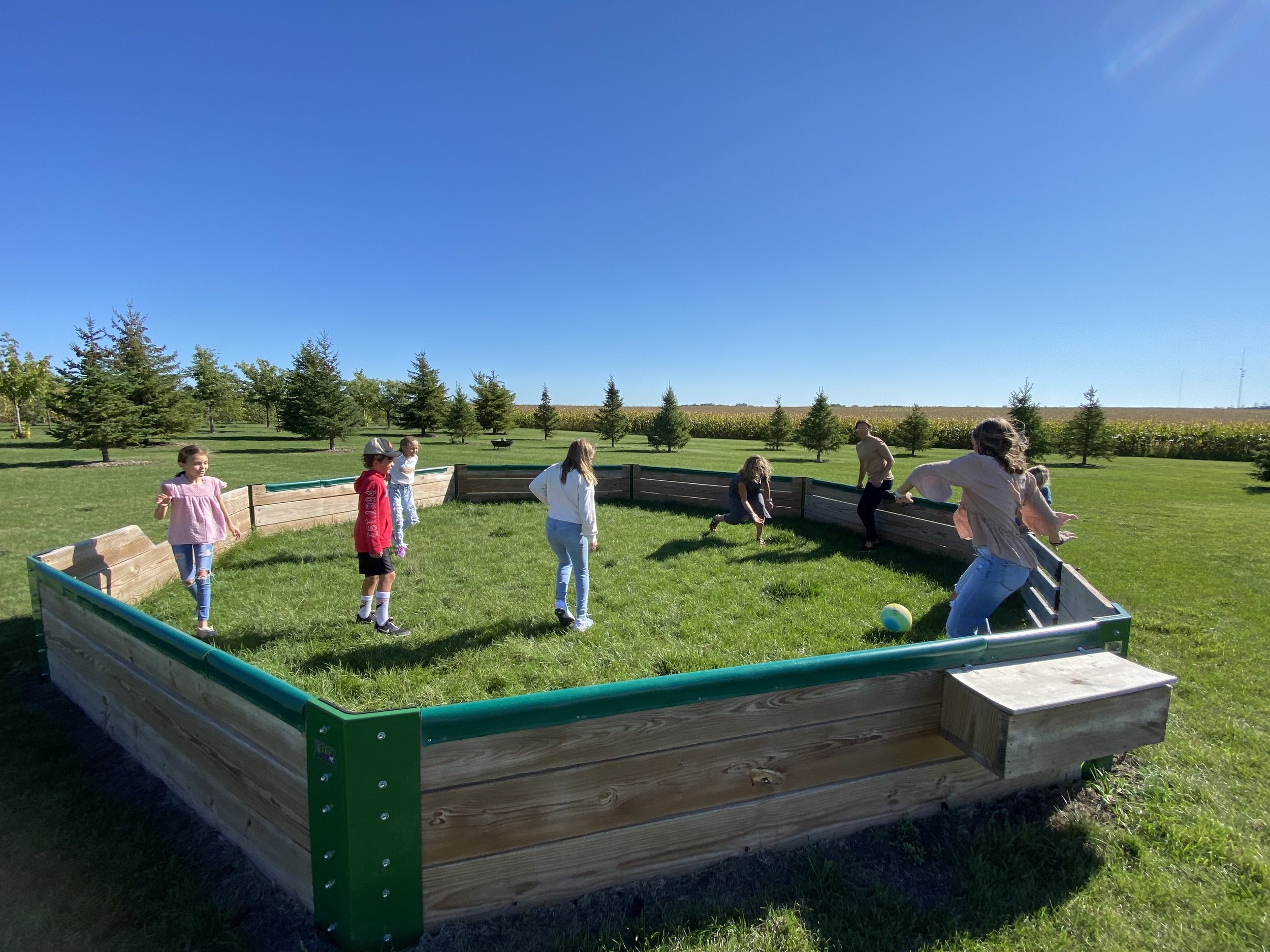
How to Start a Homeschool Co-op
-
Dream it.
What is your why? You've come to this page for a reason. For me it was breaking free of just doing what everyone else was doing without question. I realized things can be done differently, and in most cases, better. Letting go of society's expectations was very freeing and eye-opening. You don't know what you don't know. Sometimes all it takes is one or two bold innovators to give courage to others to make changes for themselves and their families. So are you doing this for your family? For you as a new profession? To offer an alternative education in your community? To honor God? Because you see the struggles kids are going through in public school and you know you can offer a solution? Make a list of your whys and hang on to it. Refer back to it often. As you go on this journey, you will come to many hard decisions you have to make. Your list will always help you make the decisions. And, it will motivate and excite you about future!
-
Build it.
Our homeschool co-op dream began in March and in September of that same year our homeschool co-op opened to ten of the most wonderful kids you can imagine. This was all possible because we are a team. There are 3 of us moms and you know that when moms put their minds to something, watch out! I strongly recommend finding at least one or two people who believe in your dream as much as you do. There is so much work to be done that if you have a team and can share and delegate tasks, it will be so much better. Also, some people are better with figuring things out like taxes and payroll, while others might be better at marketing or picking out curriculum. Besides getting your team together you will need to find a space that suits your needs. If your co-op is going to be non-secular, churches are a great place to begin your search. Ask to be put on the agenda for their next church council meeting. Think of all the questions they might ask and come prepared with answers. Some things to think of are: days/hours you'll use the church, what will you do if there is a funeral, what parts of the church will you use, what will you need for storage, how will you keep the church clean, will you bring and use all of your own supplies, how will you handle the additional heating/cooling/electrical bills? What about garbage and recycling needs? What additional insurance is needed?
-
Grow it.
Once you've secured a location, it's time to start filling it with eager-to-learn children! We used Canva a ton to create advertisements and marketing. We made brochures and flyers explaining who we were and what our mission was. We posted on Facebook. Set up meetings with parents who are interested. Maybe some of them would like to be tutors or volunteers. You'll be surprised at how quickly word will spread, especially if there is a need in your community. Other things to do to grow your co-op will be: come up with a name, register as a 501(c)3, meet with a tax accountant, secure additional insurance, and form a board. Forming a board is critical as you will need this for your 501(c)3 application. A fantastic resource for help with filing your 501(c)3 application is Carol Topp. She helped us get approved the first time! She has since retired, but has recommendations on her page of others who can help you with this part. Mary Musick is a former homeschool mom, CPA, and bookkeeper and she was great helping us with all of our tax related questions. I recommend reaching out to her as well!
Our first Pledge of Allegiance as a homeschool co-op!
Then the Real Fun Begins!
Once you’ve gotten all the complicated, serious stuff taken care of, you can begin to focus on the fun stuff - picking out curriculum, planning your daily schedule, planning field trips and community service projects, and buying materials and supplies. We applied for a Thrivent Action Team and were awarded $500 to purchase our phy-ed and recess equipment. The summer before we opened, we mailed about 50 newsletters and donation requests to local businesses and people who we thought would be supportive of our mission. We were not disappointed in the amount of support we got! So be sure and do that too. Keep track of your donors on a spreadsheet with the amount, their name and address, a box to check once a thank you and receipt have been sent, and a reason for their donation (summer mailer, fundraiser, etc.)
Remember, it’s okay to start small. Maybe it’s just your kids and another family or two your first year. It’s easier to work out the kinks when you start small. Aim to improve and do things a little better or more efficiently next year. Learn from your mistakes. Work as a team. Be a light in your community! And always go back to your why!

